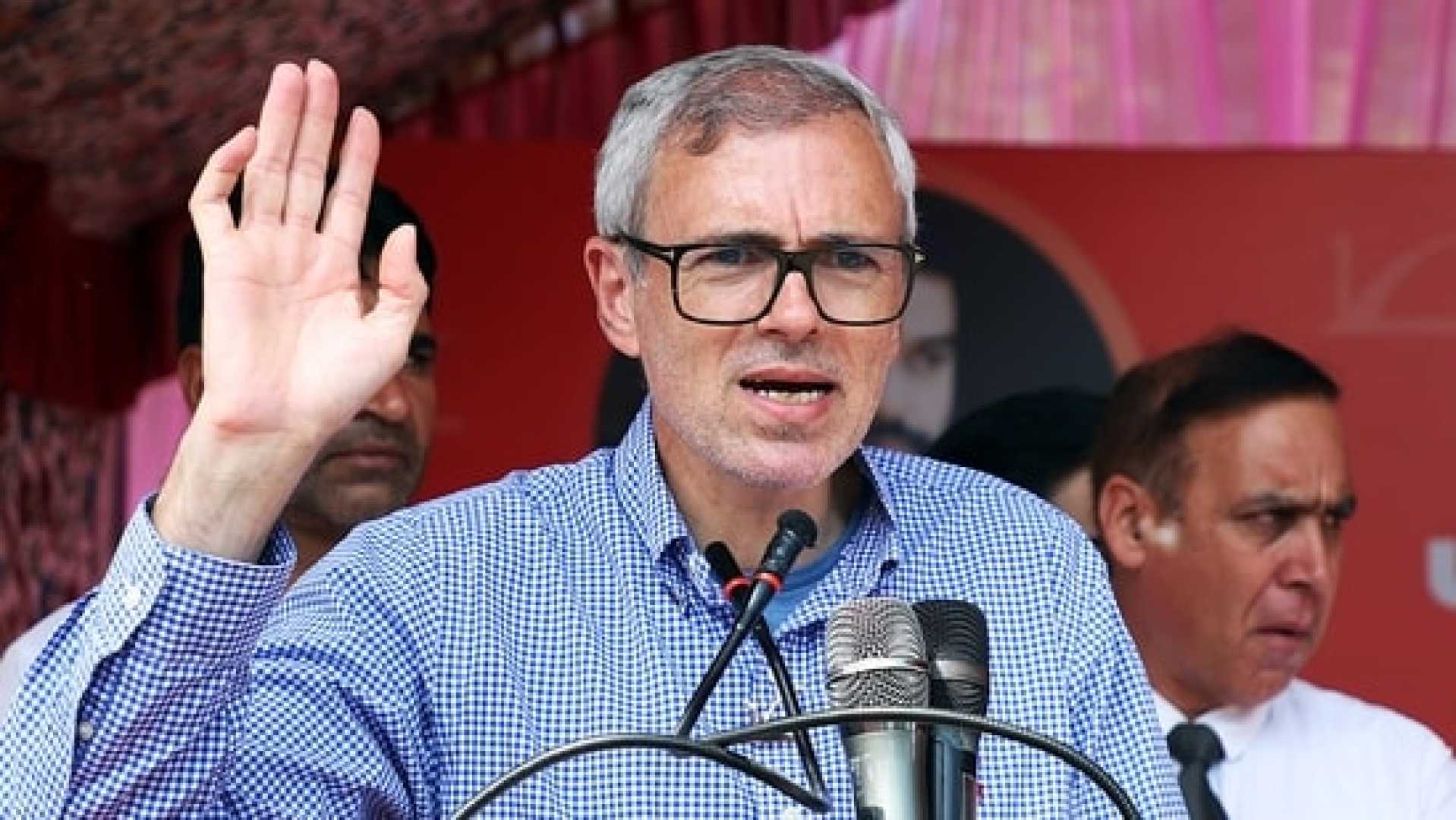Politics
INDIA Bloc Secures Majority in Jammu and Kashmir Assembly

In a significant political development, the National Conference–Congress-CPI(M) INDIA bloc alliance in Jammu and Kashmir has garnered the endorsement of 53 out of the 90 Members of the Legislative Assembly (MLAs) in the newly-elected Assembly. The alliance achieved this majority with the crucial support of four independent candidates.
The elections posed several challenges for the INDIA bloc, including a fragmented political landscape in the Valley with multiple contenders. Additionally, the Bharatiya Janata Party (BJP) presented a formidable challenge, seeking to use the delimitation exercise to secure majority support. The electorate, disenchanted with the dilution of Jammu and Kashmir’s special status and the lack of Statehood, participated enthusiastically, sending a clear message through their votes.
The people of the Valley decisively favored the INDIA bloc over its rivals, which included independents reportedly backed by the banned Jamaat-e-Islami. The National Conference’s commitment to Kashmiri autonomy and citizens’ rights, coupled with the Congress’s appeal for reconciliation and Statehood restoration, were key factors in the alliance’s success. Furthermore, the popularity of the region’s lone Left legislator, Mohammad Yousaf Tarigami, contributed to the alliance’s victories, particularly in seats reserved for Scheduled Tribes (STs) in Jammu.
Despite this electoral victory, the alliance faces an arduous path ahead. The BJP-led central government has maintained a hardline stance towards the Union Territory. Although Home Minister Amit Shah has promised the restoration of Statehood, the delay in fulfilling this promise continues to raise suspicion, suggesting that the Centre may restore Statehood only at its convenience.
The onus is now on the National Conference to honor the mandate it has received, an endeavor complicated by the political landscape shaped by the BJP’s policies. Analysts note that restoring Statehood and empowering the Assembly are crucial steps towards reinvigorating the political and civic life in Jammu and Kashmir, beyond the mere conduct of elections.
The importance of these elections also lies in the fact that they followed a Supreme Court prompt rather than a voluntary political process initiated by the Centre. The polls, considered free and fair, were significant given the region’s turbulent past characterized by decades of terrorism. The participation of separatist elements and their subsequent defeat is viewed as a triumph of democratic procedures.












